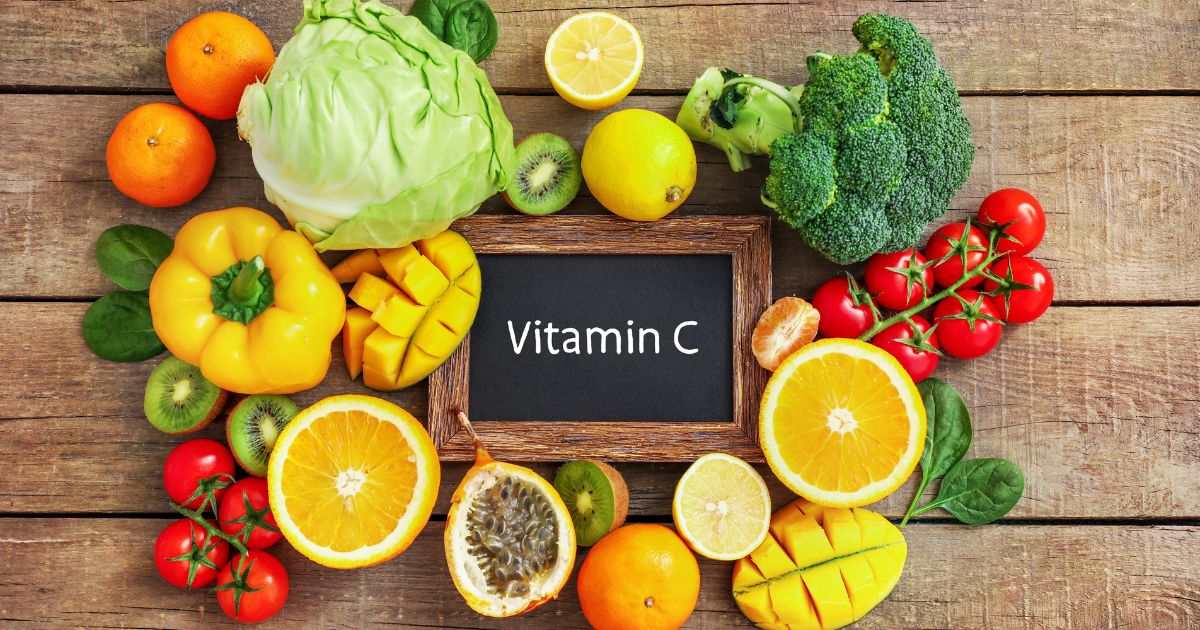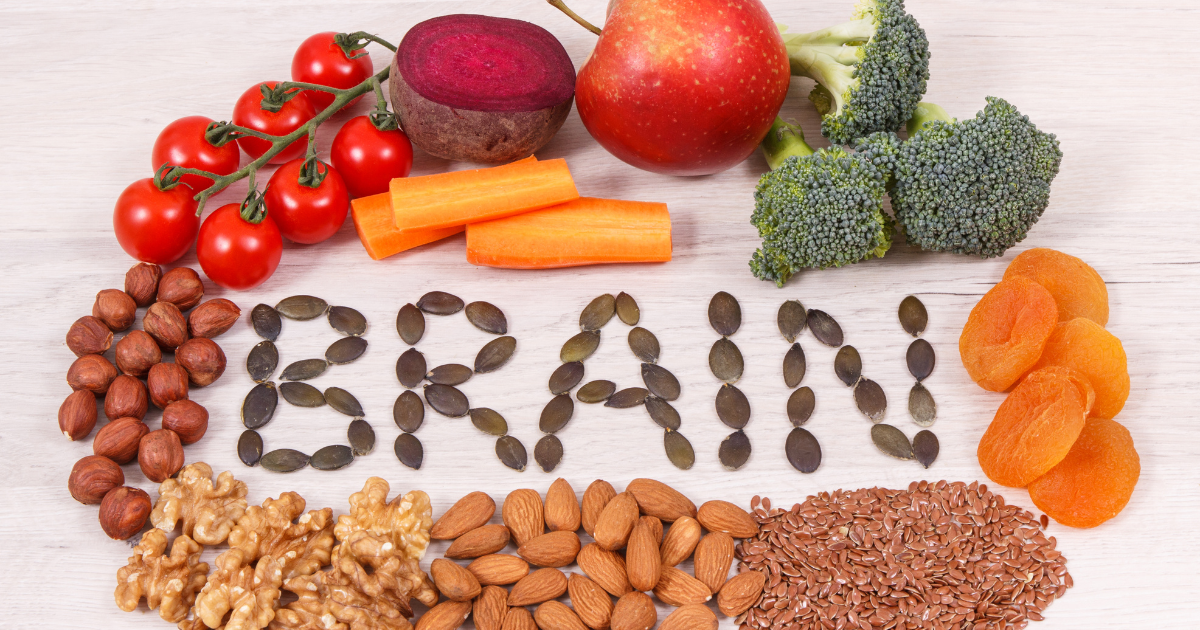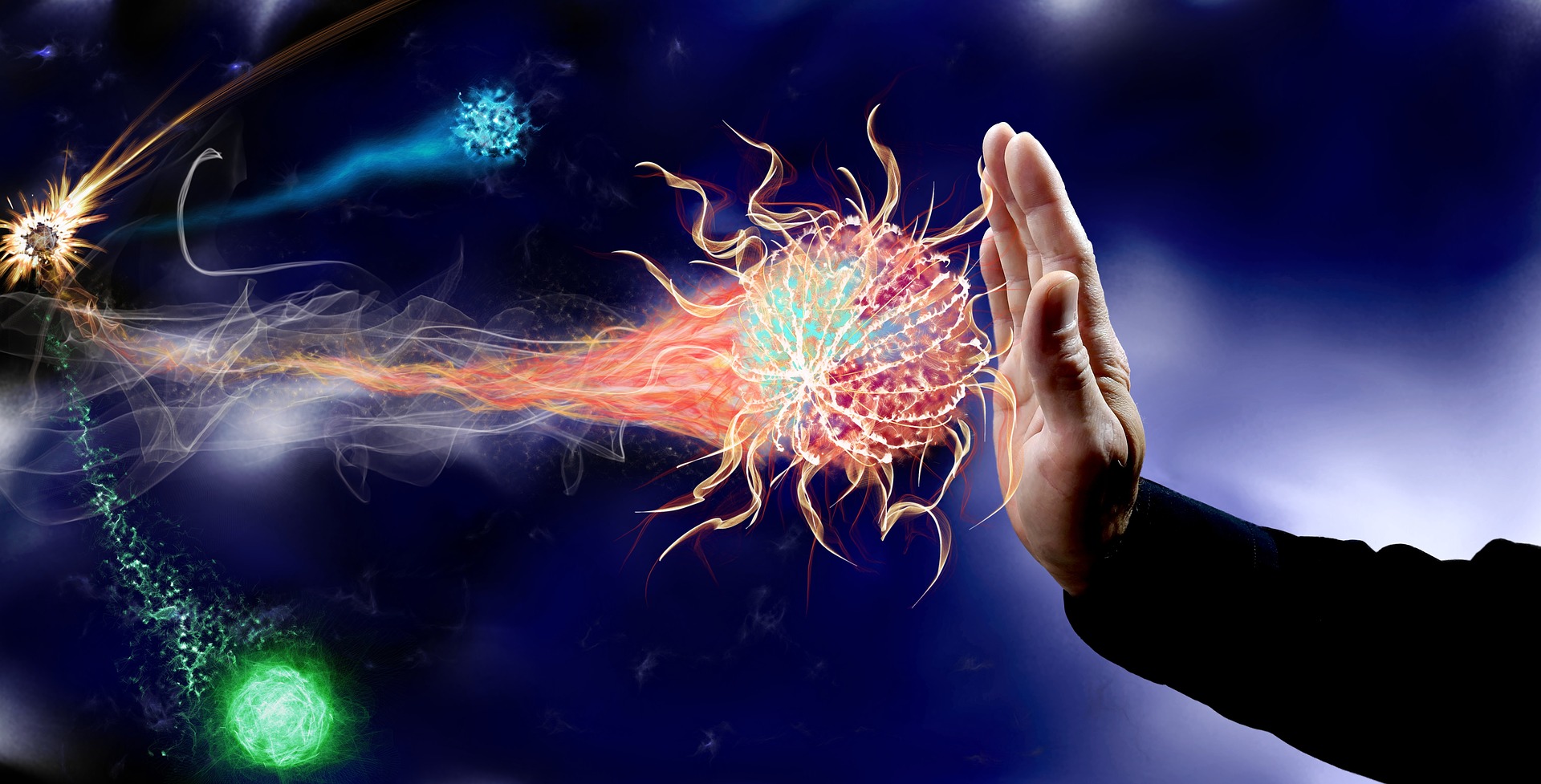When the first seasonal ailments appear, or whenever we feel weak and lacking in energy, it is always a good idea to top up on vitamin C. It is well known that vitamin C, ascorbic acid, offers many benefits for the body. Among these, research in recent years has shown that vitamin C also has positive effects on cardiovascular health, reducing the risk of heart disease.
According to a recent study by the American Heart Association, low vitamin C levels are associated to a high concentration in the body of a special protein called high sensitivity C-Reactive protein (hsCRP), a marker for inflammations and a risk factor for heart disease. With strong antioxidant powers, vitamin C raises the immune system barriers and helps the body to prevent the risk of heart attacks and general atherogenesis.
Vitamin C is also important for cardiovascular health as it plays an important role in fighting free radicals and cholesterol. But that’s not all: it helps to strengthen the blood vessel walls and prevent the coronary arteries from shrinking. And we mustn’t forget that vitamin C is also fundamental for preventing heart disease as it improves vasodilation, the ability of the arteries in the heart to widen when a greater blood flow is required.
Which foods are rich in vitamin C
Above all, fruit and vegetables are richest in vitamin C, even though this concentration can vary depending on the storage conditions, the type of cooking and degree of ripening.
In fact, vitamin C is sensitive to light, heat and oxygen, and this leads to a loss of between 30 and 50% when cooked for a long time.
The most effective methods for conserving most of the available vitamin C, especially for some vegetables, are steaming, pressure cooking, pan or oven cooking, without excessive heat.
As vitamin C is hydrosoluble (i.e., it dissolves in water), the body does not store vitamin C but eliminates it in the urine. So to have the right intake, it must be consumed regularly in the diet. The following foods must be included in the diet to ensure vitamin C intake:
- Citrus fruits (lemons, oranges, grapefruit, lime, mandarins etc.)
- Pineapple
- Melon
- Kiwi
- Strawberries
- Blueberries
- Cherries
- Lettuce (fresh)
- Radicchio
- Spinach
- Broccoli
- Cabbage
- Cauliflower
- Tomatoes
- Peppers
- Potatoes (especially new)
Supplements containing vitamin C
When a healthy, varied diet is not enough to provide the right amount of vitamin C, supplements can help to strengthen the immune system and fight both free radicals and all the diseases linked to the deficiency of this essential vitamin.
Apportal® and Apportal® Vital are nutritional supplements with an antioxidant function, formulated to ensure a complete charge of vitamins and minerals for the body, stimulating the immune response and helping the body to defend itself from heart disease.









